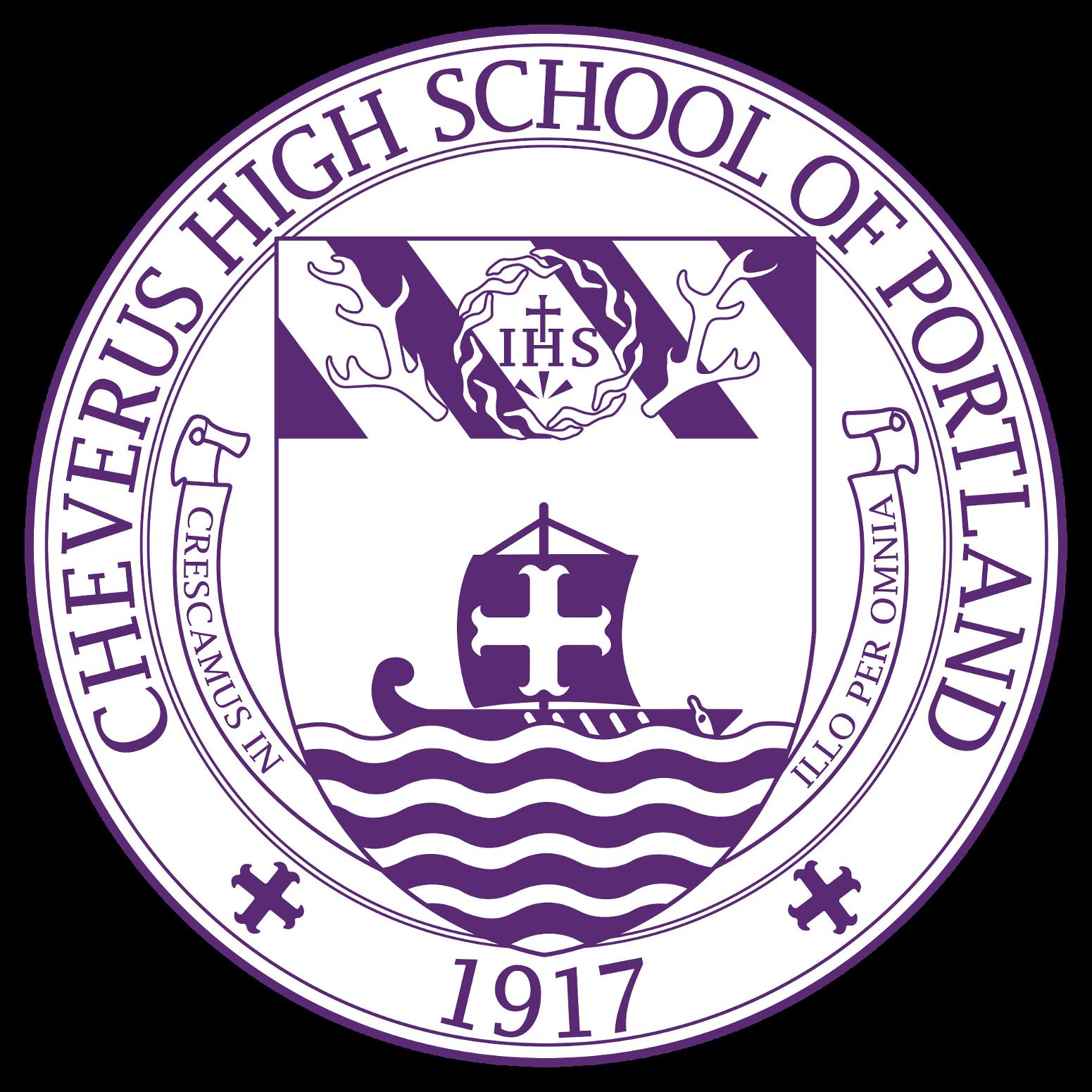
2 minute read
Theology
TheTheo logyDepartmentiscomm ittedtoleadingstudentsonajourneythatsystematicallyexam inesdivinereve lation,spec ifically theCatho licFaith,MoralTheo logy,Scripture ,andSoc ialJustice .Throughsuchastudy,itisourgoalthatstudentswillhavea so lidunderstandingof thesubjectmattersothatthe irownfaithmaybedeepenedtoapo intwheretheyareconfidentlyandhumbly puttingthatsamefaithintoactionforthebettermentof others .Wehopethatthestudentsplacedinourcarewillhavenurtured reflectivehabitsthataidtheminstrivingforexce llenceinallthings .
Theology 9: Ignatian Identity and Introduction to Christianity
Advertisement
1credit
Thiscourseisan introduction to thebasicsof Christianity, itsChurch teachings, and Scripturefor thevaried backgroundsof Cheverusstudents, rangingfrom theunchurched to thereligiously literate. Studentsstudy St. Ignatiusof Loyola, the founder of theSociety of Jesus, and areintroduced to basicprinciplesof Ignatian Spirituality. Students examinetheexperiencesof growth and questioning, which arepart of early adolescence, and explorewho God isand howHecallsusto faith, individually and collectively. Studentsbecomeacquainted with theOld and NewTestaments. Special attention is paid to God?sself-revelation, thedeveloping Covenant, and humanity?sevolvingunderstanding of God. Thelifeand teachingsof Jesuslead to discussionsabout thespirit over theletter of thelaw and what it truly meansto be?peoplewith and for others.?Jesus?passion and resurrection arethen seen astheChristian Passover--our rebirth to newlife madepossibleby God?slove. A final unit on the development of theChurch helpsstudents understand howChristianity becamean independent religion and howtheCatholicChurch relatesto other Christian churches. Lessonson Catholicdoctrine, liturgy, sacraments, Holy Days, saints, and structureareintroduced throughout the year.
Theology 10: Mission, Sacrament and the Good Life
1credit
Thiscourseexaminesthemission of theCatholic Church--her constitution, self-understanding, models, themarksof theChurch, diverseroles within theChurch, ecumenism, and inter-religious dialogueincludingtheChurch?ssacramental vision of theworld generally, and theseven sacraments particularly. Studentsstudy ethics, moral decision making, and virtue. Thenatureof thiscourseis both catechetical and theological. Studentsare responsiblefor understandingChurch teaching, but they will also bechallenged to engagein honest inquiry, raisingdifficult questionsand searchingfor meaningand personal understanding. Thequestions raised in theology classwill help studentsevaluate their own ideasabout what constitutesameaningful life, howGod isactivein their lives, and howto movemoredeeply and responsibly into their own uniquegifts. Despitedifferencesin religious backgroundsand levelsof faith, thecoursewill help studentsdevelop skill in findingcommon ground as well ascelebratingpersonal differences. Somecentral questionsfor theyear: Howisreligion shaped by society?Howissociety changed by religion?What doesit mean to say that theChurch issacrament?
Theology 11: Scripture
1credit
Thisclassusesthehistorical-critical lensto examine theJewish and Christian scripturesfound in the Bible. Thecoursedependson careful readingof primary textsaswell asrelyingon thebest scholarship availableto understand better both the library of booksfound in theBibleand theunified narrativeof salvation it reveals. Progeny and land, thestory of thepatriarchs, theExodusliberation, theS inai covenant, theconquest of Canaan, the Davidicpromise, and theprophetic tradition all figureprominently in studyingtheJewish scriptures. With theChristian testament, focusfixesfirmly on Jesus-who isheto each of theevangelistsand to Paul, and why doeshematter to each of them? Through acritical examination of thetexts, students areencouraged to contemplatehowbiblical truths help them to reflect on their own lives, aswell as their own faith and beliefs.
Theology 12: Social Justice
1credit
Senior theology isdedicated to thestudy of social justice. Studentsexaminepersonal spirituality in order that they may develop an authentic viewof justice, onebased in humility and aconsequent understandingof responsibility. Albert Camus?The Fall isused asan examination of conscience. Examplesof Christiansand peopleof integrity will beexamined asresponsesto our own selfishnessand theinjusticewefoster. Aspectsof Ignatian Spirituality that areimplicit to theCheverus education becomealensfor viewingtheapplication of thesetheological beliefsin daily lifeand toil. Studentsread excerptsfrom GregBoyle?sTattooson theHeart so that they may seesuch aresponselived in themodern world. Thecourseengagesin concretemodern social justiceissuesincluding social-economicissuesof poverty, hunger, the homeless, just wages, thedignity of work, business ethics, and theenvironment. Social issuesabout the dignity and sanctity of lifeincludingracism, sexism, abortion, capital punishment, euthanasia, non-violence, and thejust war arestudied. Students? understandingof grace, solidarity, and cultivating virtues, which strengthen our concern for the common good, can beapplied to thesevery real concernsour society faces.









